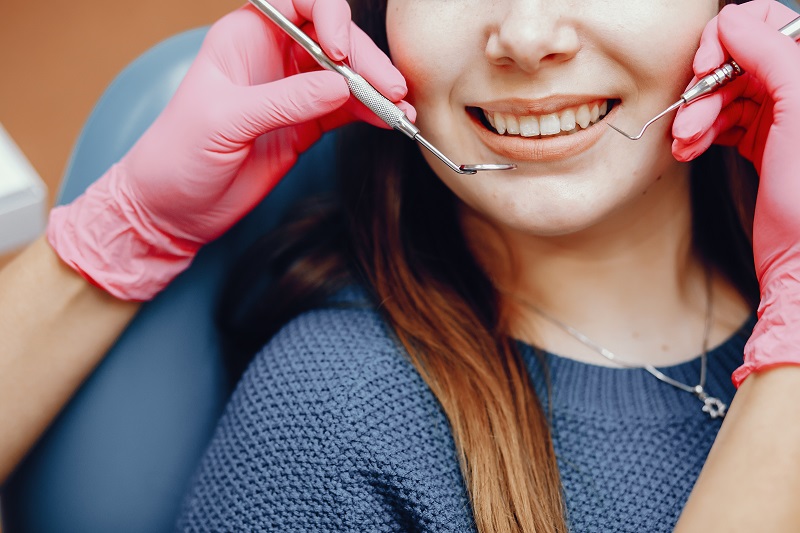A common misconception – Teeth are not alive
People often wonder, "How does a tooth get an infection when it is not alive!" The misconception that teeth are not alive leads to confusion about how teeth become infected. Because we cannot "feel" sensation on healthy teeth, many people feel teeth are not alive.
The fact is, most of the things which make teeth are actually living cells. Similar to hair and fingernails there is a part on your teeth that is not alive – that part is called "enamel". It is made of calcium phosphate, a very hard mineral that is perfect for breaking down food when you eat. All of the live-action happens underneath that enamel.
Teeth are vital living extensions of your whole self. Teeth are subject to the same metabolic processes that affect other organs of your body. That's why dentists and doctors can tell much about your health from your teeth, tongue, eyes, fingernails, hair, skin, etc.
Like any other organ, teeth have a supply of nerves and blood vessels. This blood flow helps teeth grow and mature before they emerge in the mouth.
Bacteria cannot reach those living cells inside the tooth unless the teeth are cracked due to injury or decay. In most cases, decay creates a pathway for bacteria to enter into the innermost part of the tooth causing infection to live tissues.
When a tooth is fully developed and is in its usual position on the jaw, it doesn't need nerves and blood vessels to remain functional. That is why a tooth that has had a root canal treatment can remain in a person's mouth for a lifetime and play its purpose of chewing, eating, and speaking. If a tooth undergoes a root canal treatment, it will no longer be alive, but it can still stay in the mouth and remain functional.
Learning about your teeth can be fun, and taking care of your teeth can make a big difference. You have thirty-two little living things in your mouth – make sure you take good care of them!


Comments (06)